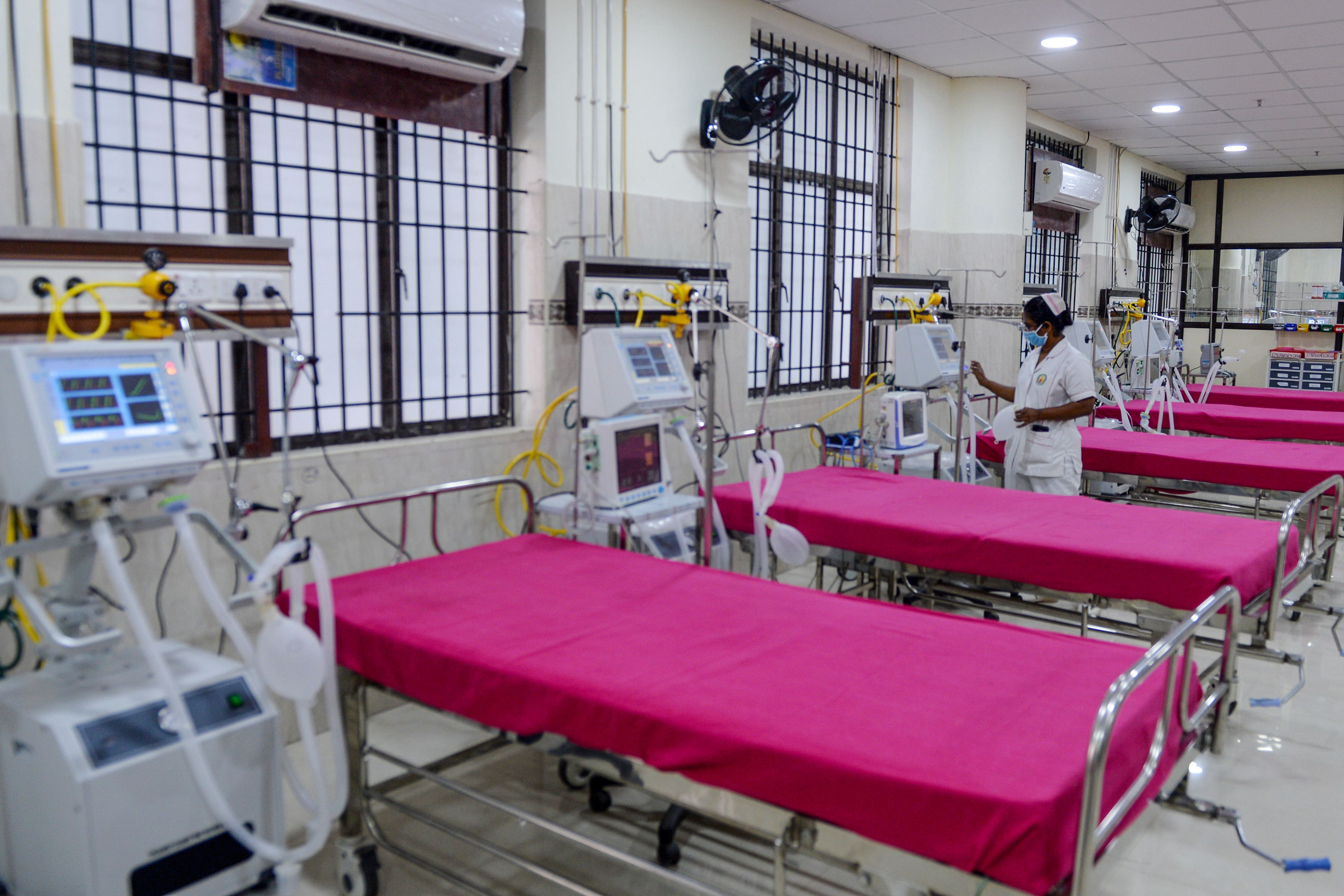
With the COVID-19 crisis fast unraveling, medical equipment manufacturers have roped in auto companies such as Maruti, Mahindra and Tata Motors to ramp up the production of ventilators, the machines that keep critically ill patients breathing.
Indian medical device manufacturers have drawn up plans to deliver 50,000 ventilators by May to meet the growing demand for life-saving devices during the COVID-19 outbreak.
According to estimates by research group Brookings, India has a maximum, 57,000 ventilators both in the government and private sector hospitals and would require an estimated 1.1 lakh to 2.2 lakh such devices by May, when the COVID-19 outbreak is expected to peak.
“SkanRay the leading ventilator manufacturer has created a consortium with BEL, BHEL & Mahindra to ramp up production from standard 2000 pieces per month to currently 5000 pieces per month and 30,000 pieces per month by May,” the Association of Indian Manufacturers of Medical Devices (AiMeD)said in a statement here.
“Similarly AgVa has tied up with Maruti to scale up production from 400 pieces per month to 4000 pieces per month in April to 10,000 pieces per month by May. Others are similarly gearing up to address the challenge,” it added.
Most of the medical device manufacturer do not have the financial muscle to ramp up the production of ventilators significantly. This is where the automobile giants are expected to contribute, while the machinery used to make electrical components for automobiles can be tweaked to produce the breathing devices.
Rajiv Nath, Forum Coordinator, for AiMeD has asked the government to do away with the practice of state-run HLL Healthcare do all the procurement and instead source the ventilators using the GeM portal.
According to Nath the plans of the government and the industry were to tackle the shortage of ventilators with the development of 2-3 different models. While one will be a low cost respirator model, another will be a high-end ICU model. Another option is to develop multi-patient ventilators was also being explored.
